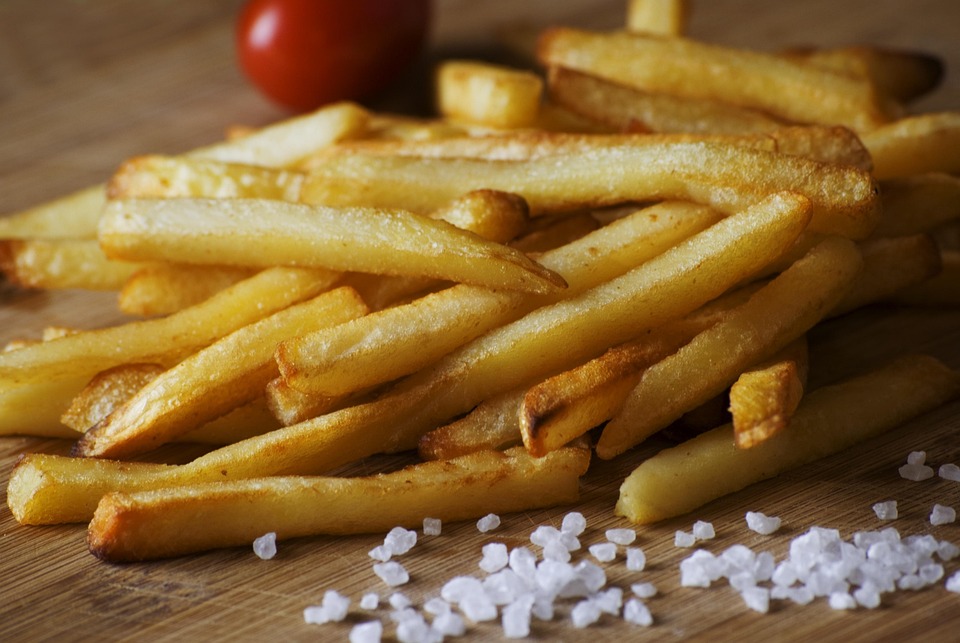Your DNA holds the blueprint for everything from your eye color to your shoe size—and yes, even how your body stores fat. But here’s the exciting part: you’re not doomed to follow your genetic fate when it comes to weight loss. Science is revealing some clever ways to outsmart your DNA and tip the scales in your favor.
Let’s start with the basics. Some people are genetically wired to store fat more easily than others. Blame it on evolutionary survival tactics—our ancestors needed to hold onto energy in case of food shortages. But in today’s world, where food is everywhere, those same fat-storing genes can feel more like a curse than a survival advantage. The good news? Your genes are not the boss of you. While they play a role in metabolism, appetite, and fat storage, your lifestyle choices can override their effects.
One of the biggest genetic factors in weight gain is how your body processes carbs. Some people are “carb sensitive,” meaning their bodies turn excess carbohydrates into fat more easily. If that sounds like you, tweaking your diet to include more protein and healthy fats while cutting back on refined carbs could be a game-changer. Think of it as reprogramming your metabolism to work with you instead of against you.
Exercise is another way to flip the genetic switch. If your DNA leans toward fat storage, high-intensity workouts and strength training can help counteract that tendency by boosting muscle mass and revving up metabolism. And if you have genes linked to slower recovery or injury risk, opting for lower-impact activities like swimming or cycling can keep you active without unnecessary strain.
Sleep is another major player in the genetic weight game. If you have a family history of obesity, research suggests that getting enough sleep is even more important for you. Poor sleep can trigger genetic tendencies toward weight gain by disrupting hormones that control hunger and metabolism. Prioritizing quality rest could be one of the simplest hacks to keeping your genes in check.
Even your gut bacteria play a role in how your genes affect weight. Your microbiome—those trillions of tiny bacteria living in your gut—can influence how efficiently you digest food and store fat. Eating fiber-rich foods, fermented goodies like yogurt and kimchi, and cutting down on processed junk can create a gut environment that works in your favor.
So, if you’ve ever felt like your genes were working against you, now you know that they don’t have the final say. Small, strategic changes—like fine-tuning your diet, exercising smartly, sleeping well, and taking care of your gut—can help you outsmart your DNA and take control of your weight. Science is proving that while your genes might set the stage, you get to write the script. Ready to flip the switch?
Top Weight Loss Programs

Remedy Meds

Medvi

Hims

ShedRX








